Latest News
Japan Signs Two Agreements for Health Services, Eradication of Polio in Afghanistan
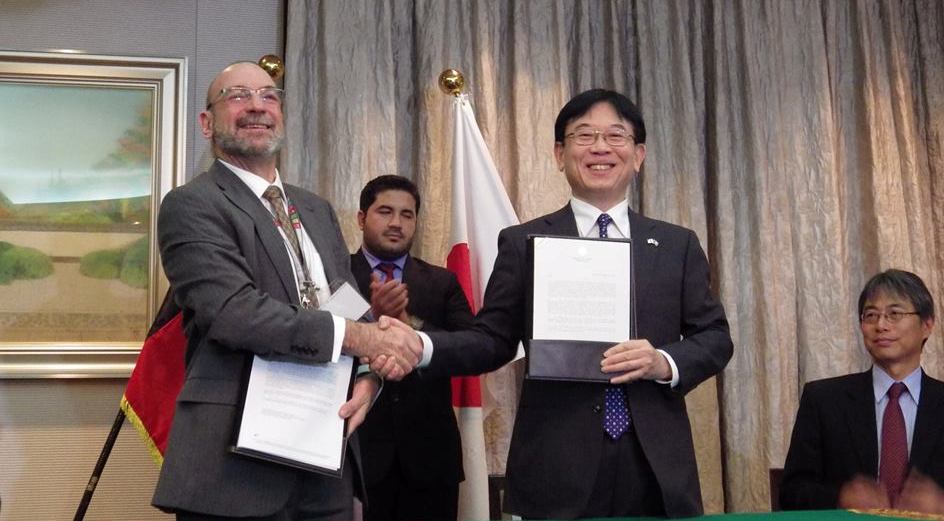
 The Japan Embassy in Kabul has signed two agreements with the UNICEF and UNDP and donated 17.7 million USD to provide life-saving vaccines for children and promote rural development in border areas in Afghanistan.
The Japan Embassy in Kabul has signed two agreements with the UNICEF and UNDP and donated 17.7 million USD to provide life-saving vaccines for children and promote rural development in border areas in Afghanistan.
The embassy announced, “the new projects are to help eradicate polio and prevent the spread of other deceases in Afghanistan, and to improve the livelihood in Tajik-Afghan cross-border areas for improvement of self-reliance and stability of the region.”
The projects approximately worth $8.6 million and $9.1 million, respectively, will help to procure the vaccines to protect 10.3 million children against polio, reach 1.37 million children with routine immunization and 2.5 million women of child bearing age in Afghanistan, and improve the livelihood of 1.8 million people living in border districts in Tajikistan and Afghanistan.
In the UNICEF’s Project “Infectious Diseases Prevention for Children in Afghanistan” (USD 8.6m), the contribution from the people of Japan will be used to procure routine vaccines for an annual cohort of some 1.37 million children under the age of one.
The vaccines include BCG against tuberculosis, Oral Polio Vaccine (OPV) for poliomyelitis, Meals vaccine and Hepatitis B.
In addition, some 2.5 million women of child-bearing age will benefit from the purchase of Tetanus Toxoid vaccine. These vaccines will be available for free at all health facilities and through the polio campaign.
At the signing ceremony, Ferozudin Feroz, Minister of Public Health said, “With continued support from the Government of Japan, we have succeeded in ensuring the provision of health services including the immunization services for the children and mothers of Afghanistan. We assure you that we will maintain our focus on routine immunization as one of the key pillars for stopping the circulation of the polio virus in Afghanistan. We hope that you will continue to keep routine immunization in Afghanistan as one of your top priorities, and I wish to thank you in advance for your future support to the Routine Immunization Programme in Afghanistan.”
The UNDP’s Project“Livelihood Improvement in Tajik-Afghan Cross-Border Areas (LITACA) Phase II” (USD 9.1 M) will be built on the past achievements of LITACA Phase I, which was also funded by the Government of Japan.
The project aims to improve living standards of the people in six districts in four provinces in Afghanistan (Shahr-e-buzurg District in Badakhshan Province, Cha Ab, Yang-e-Qala and Dasht-e-Qala Districts in Takhar Province, Imam Sahib District of Kunduz Province, and Khulm District of Balkh province) and eight districts in Khatlon Province in Tajikistan.
Furthermore, the project intends to promote stability and security of these cross-border areas, by ensuring self-reliance of the local people, reducing poverty, supporting economic development of the regions and encouraging cross-border collaboration among the communities. LITACA II will be implemented in line with the Citizen’s Charter of the Government of Afghanistan.
Japan has been assisting Afghanistan’s nation-building efforts in various fields including security, infrastructure, agriculture, rural development, human capacity development, education, health, culture and humanitarian assistance. The cumulative Japanese assistance to Afghanistan since 2001 amounts to $6.4 billion.
Edited by: Muhammad ZackArya

Latest News
Pakistani PM urges IEA to rein in terrorist groups
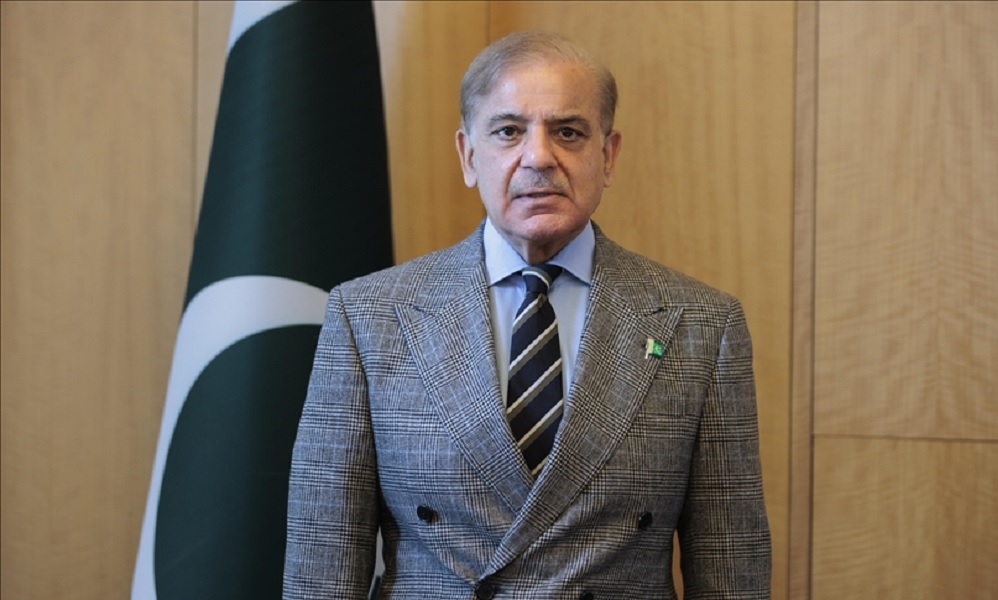
Pakistan’s Prime Minister Shehbaz Sharif has said that it’s a sad reality that the soil of neighbouring Afghanistan is being used for terrorist attacks inside Pakistan.
“Afghanistan is our brotherly country and the two countries are neighbours by nature. We have to live as good neighbours. It’s up to us how we live cordially and in a friendly way. We have asked the Afghan interim government several times that the Afghan soil should not be used as per the Doha agreement against Pakistan and its interests,” Shehbaz told the media during his visit to London, Geo News reported on Sunday.
“Sadly, terror groups such as Tehreek-e-Taliban (TTP) and other terror groups are operating from Afghanistan. They have killed innocent people inside Pakistan. These sacrifices of Pakistanis will not go in vain. My advice to Afghanistan is to rein in these terrorist groups.”
Pakistani officials have repeatedly claimed that Afghan soil is being used in attacks against Pakistan.
The Islamic Emirate, however, has denied the allegations, saying Afghanistan is not responsible for Pakistan’s “security failure”.
Latest News
Pakistan’s Punjab CM calls for ‘human response’ to Afghan girls’ education ban
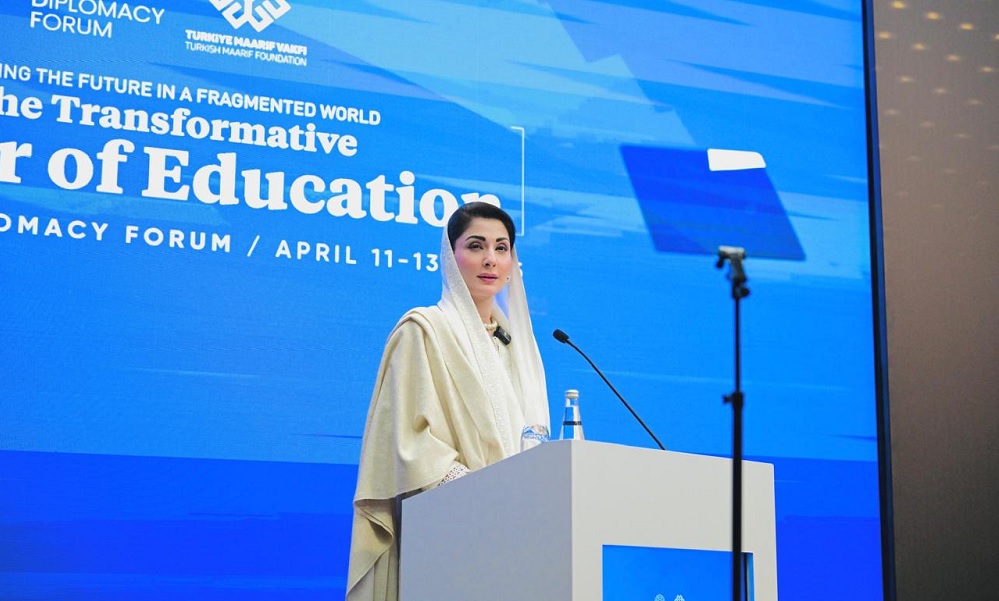
Maryam Nawaz, the chief minister of Pakistan’s Punjab province, on Saturday expressed regret over the educational restrictions on girls in Afghanistan, calling on the international community to address the issue.
Speaking at the Antalya Diplomacy Forum in Turkey, Maryam stressed that no society progresses without investing in the welfare of women and children.
“Innocent children lie under the rubble in Palestine. Girls in Afghanistan are denied access to schools. The children of Kashmir are victims of oppression. In Sudan, they walk miles for food. These are not isolated issues—they demand collective human response,” she said.
The Islamic Emirate has suspended education of girls beyond sixth grade.
This policy has been widely criticised internationally.
Latest News
IEA Supreme Leader defends public executions, says its as ‘part of Islam’
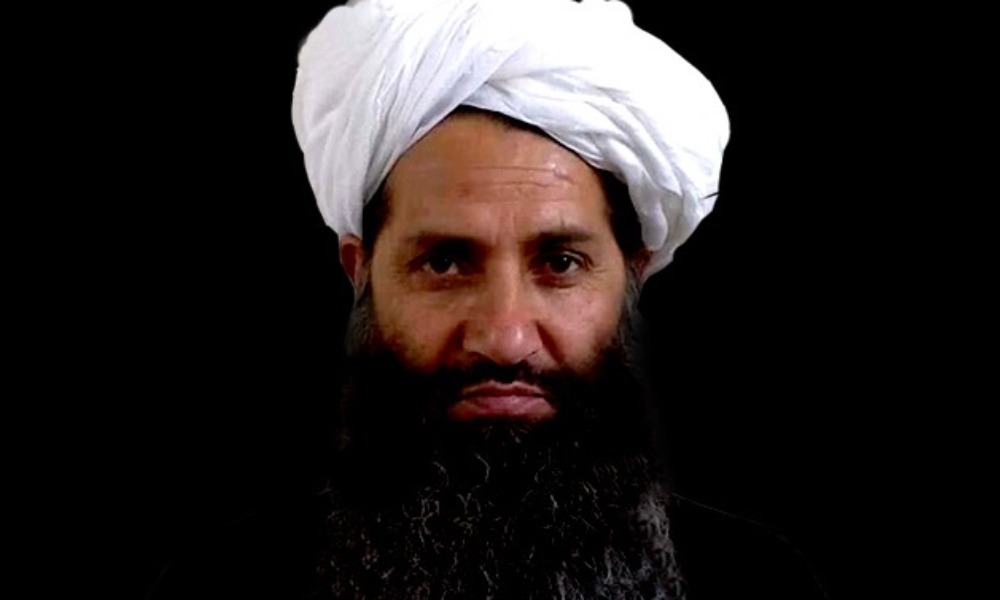
The Supreme Leader of the islamic Emirate of Afghanistan (IEA) Hibatullah Akhundzada has defended public executions and said these are an integral part of Islam.
In a voice clip reportedly taped during a speech at a seminar for Hajj instructors in Kandahar on Saturday, Akhundzada said: “We must carry out disciplinary measures, perform prayers and acts of worship. We must enter Islam completely. Islam is not just limited to a few rituals; it is a comprehensive system of all divine commands.”
Not a single command of Islam should be left unfulfilled, he is heard saying on the voice clip, which was posted to X by the IEA’s spokesman Zabihullah Mujahid.
God had commanded people to pray and to enforce his punishments, said Akhundzada, adding that the IEA did not wage war for power or wealth but rather to “implement Islamic law”. He rejected criticism of the executions.
This comes after widespread condemnation following the execution by firing squad on Friday of four men convicted of murder.
Akhundzada has previously rejected the need for Western laws in Afghanistan.
He said Saturday: “Yesterday, executions were carried out. You saw how much protest was raised in the world, and said that they [IEA] kill people, that they are oppressors, that they terrorize people. They call this terror; they call this against Sharia; but this is a Sharia order to take revenge. One order is to implement the orders of Allah. One order is to impose punishments,” said Akhundzada.
He added that the Islamic Emirate is facing a great test but they will not bargain with the world over Islam, religion, and the Prophet (PBUH).
-

 Sport4 days ago
Sport4 days agoAfghanistan win U-19 cricket series despite rain-impacted loss to Nepal
-
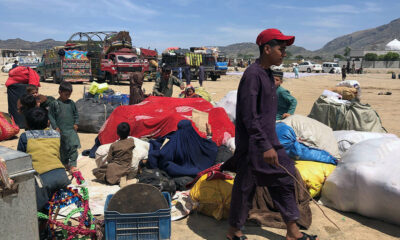
 Latest News5 days ago
Latest News5 days agoPakistan expels thousands of Afghan nationals in fresh drive, says UNHCR
-
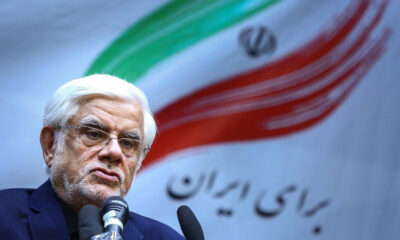
 Latest News5 days ago
Latest News5 days agoIran’s Vice President advocates stronger ties with neighbors, especially Afghanistan
-

 Regional5 days ago
Regional5 days agoUS energy secretary sees tighter sanctions on Iran without deal
-
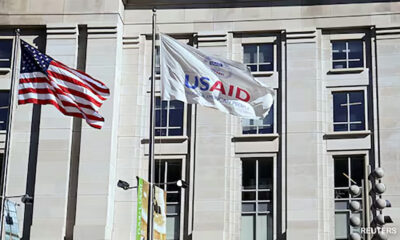
 Latest News5 days ago
Latest News5 days agoTrump administration moves to restore some terminated foreign aid programs, sources say
-
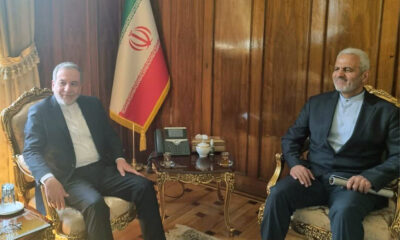
 Latest News5 days ago
Latest News5 days agoBigdeli updates Iran’s FM on current status of bilateral relations with Kabul
-
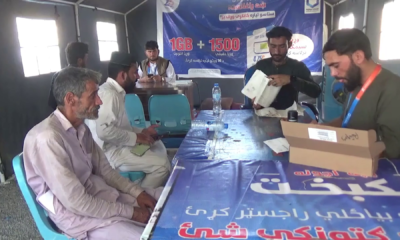
 Latest News4 days ago
Latest News4 days agoAWCC distributes free SIM cards to returning refugees from Pakistan
-

 International Sports5 days ago
International Sports5 days agoIPL 2025: Arya slays CSK for Punjab Kings














